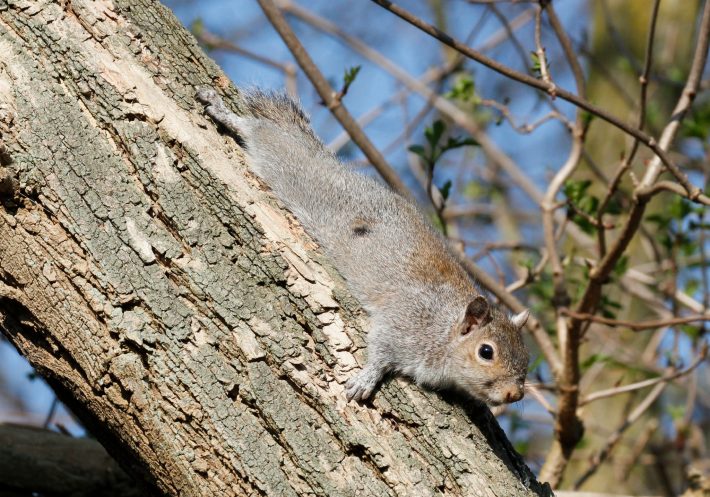Press Release: Mapping the state of alien species across the globe
Invasive non-native species cost the world billions of dollars every year, threatening native species and biodiversity as well as human health and the way ecosystems work. While ecologists now understand how – and why – these plant and animal invaders spread, a global picture across different groups of organisms and ecosystems has been lacking.
To address this, the British Ecological Society (BES) is holding a symposium at Durham University, bringing together UK and international ecologists to gather the latest evidence on the geographical distribution and abundance of non-native (alien) species worldwide. The delegates will explore global patterns and drivers of established alien species and their possible ecological and evolutionary impacts.

Human-mediated transport and trade in a globalised world combined with climate change have led to unprecedented movements of alien species among continents and oceans.
According to Dr Wayne Dawson from Durham University, one of the event’s organisers: “The challenge for us is to understand what the consequences are of mixing up the world’s species, to decide how to deal with this change, and what measures we can put in place to try to predict and prevent further introductions.”
Earlier this year, an international team of scientists found that during the last 200 years, the number of new established alien species has grown continuously worldwide, with 37% of all first introductions reported between 1970 and 2014.
“Our analysis shows that the rate of new introduction is higher than ever with no sign of slowing”, commented study leader and invited speaker Dr Hanno Seebens from the Senckenberg Biodiversity and Climate Research Centre (BiK-F) in Frankfurt, Germany.
While many incoming alien species will not establish themselves in their new habitat, invasive alien species can pose serious threats to native species and biodiversity, ecosystem functioning, human health and economies.
Dr Robert Colautti from Queen’s University in Canada, who will also be speaking at the BES symposium, explores the comparably new field of rapid evolution – evolution that occurs in response to biological invasions and other forms of changing environments such as habitat modification and climate change. His recent work on invasive alien plants found that their ability to adapt to new climates affects how they can thrive within a short period.
“The ability of invasive species to rapidly adapt to local climate has not generally been considered to be a significant factor affecting spread. Instead, factors such as lack of natural enemies including herbivores, predators, pathogens or parasites were thought to explain how species become invasive in environments where they are not native”, said Colautti. “Understanding these evolutionary phenomena can be just as important for predicting how invasive species spread and how native and non-native species alike will respond to climate change.”
Taking account of both human and environmental factors that drive the establishment of alien species around the world is crucial to identifying which regions are most susceptible to the establishment and invasion by alien species. This concerns in particular islands and coastal regions which have major points of entry like ports, and islands are often home to endemic species.
The BES Symposium 2017: The Macroecology of Alien Species takes place from 24-26 July 2017 at Durham University, UK. More information about the event can be found here.
Like what we stand for?
Support our mission and help develop the next generation of ecologists by donating to the British Ecological Society.